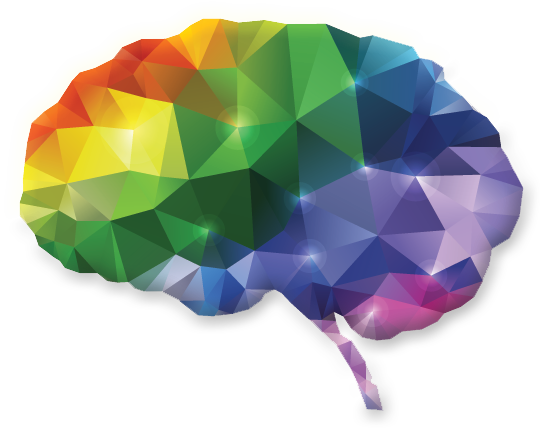Two popular types of the pesticide neonicotinoid used widely on America’s foods may cause brain impairment and should be restricted, according to a recent study by a team of European scientists. Researchers from the European Food Safety Authority (EFSA) recommended further restrictions on the use of neonicotinoids in the wake of new data which indicate that the class of pesticides "may affect the developing human nervous system" of children. Neonicotinoids have been linked to declining bee populations, and three of them were the subject of rigorous new restrictions passed in Europe in 2013. The European Food Safety Authority (EFSA) report stated that further restrictions of neonicotinoids is needed because the use of such chemicals “may affect the developing human nervous system of children.”
The European scientists believe that the neonicotinoids are safe only on amounts smaller than what are currently allowed by law. “Acetamiprid and imidacloprid may adversely affect the development of neurons and brain structures associated with functions such as learning and memory,” a press release that accompanied the study states.
The European scientists began reviewing the impact of the neonicotinoids imidacloprid and acetamiprid after a Japanese study prompted safety concerns in 2012. An excerpt from the neonicotinoids study reads: One study with rats showed that offspring exposed to imidacloprid suffered brain shrinkage, reduced activity of nerve signals controlling movement, and weight loss. Another rat study found that acetamiprid exposure led to reduced weight, reduced survival, and a heightened response to startling sounds.
A statement released by the European Food Safety Authority reads: [The study] recognizes the available evidence has limitations and recommends further research be carried out to provide more robust data. [But] health concerns raised in the review of the existing data are legitimate.
The study found that acetamiprid and imidacloprid could negatively impact brain structures and neuron development that are associated with memory and learning. The group wants more stringent controls on the amount of neonicotinoids used in food products. In the United States, both of the chemicals are used with very little regulation.
A total of one-fifth of the crops sampled in America contain imidacloprid, including 60 percent of cauliflower and broccoli produce, according to Grist. Approximately 10 percent of the crops sampled in the review tested positive for acetamiprid, including 50 percent of summer squash.
A New York Times report stated that imidacloprid is one of the “most popular” insecticides used in consumer and agricultural products. Bayer developed the neonicotinoid and it is the active ingredient in the company’s Advanced Citrus and Vegetable Insect Control products. The biotech product is sold around the world, including in Home Depot stores throughout the United States.
Sources:
Off The Grid News, April 2018
http://www.offthegridnews.com/alternative-health/popular-pesticides-can…
EFSA
https://efsa.onlinelibrary.wiley.com/doi/epdf/10.2903/j.efsa.2013.3471

- Login om te reageren
